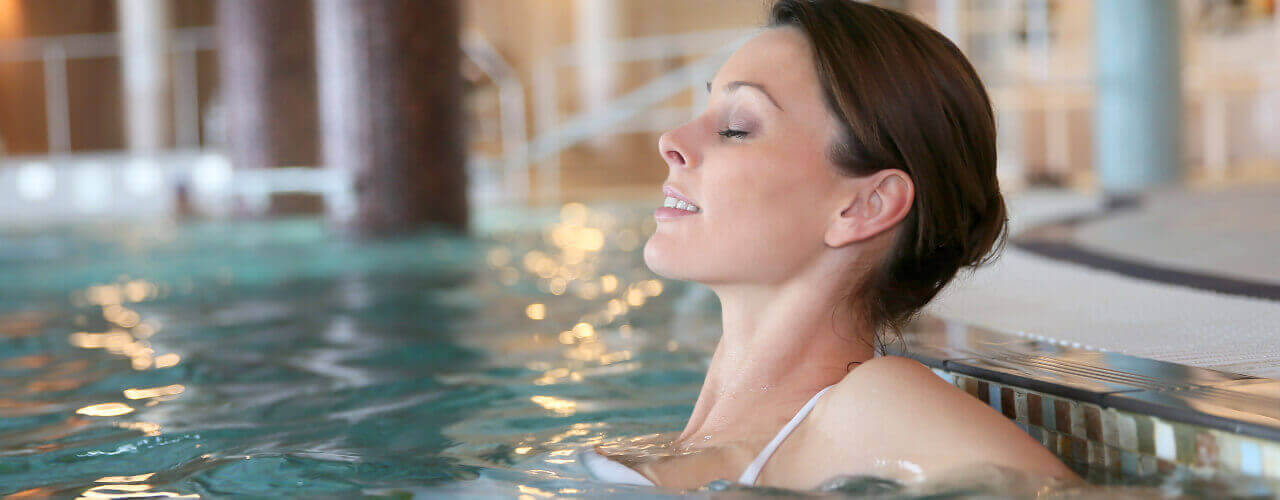Do you have surgery coming up? If so, you probably have a long list of things you need to do to prepare for your operation. To add to that list, one important thing is scheduling a consultation with a physical therapist at Moon Physical Therapy in Kailua, HI!
Many people mistakenly believe that physical therapy is only required after surgery. While therapy is a must following most procedures, it should also be addressed before the procedure. Preoperative physical therapy, sometimes known as “prehabilitation,” is extremely effective in a variety of ways.
Keep reading to learn the top three reasons to consult with a Kailua, HI physical therapist before heading to the operating room, and be sure to give Moon Physical Therapy a call today to set up an appointment before your surgical procedure!
Three benefits of choosing pre-hab before surgery
1. Aquatic therapy programs can decrease recovery time.
Research shows that “prehabbing” for your surgery with a physical therapist before undergoing a hip or knee replacement can significantly reduce the amount of professional care you’ll need postoperatively.
For example, the American Physical Therapy Association references a 2014 study from the Journal of Bone and Joint Surgery which showed that just one or two sessions of preoperative physical therapy reduced the use of post-acute care services by nearly 30%.
As you can imagine, reducing the amount of professional postoperative care you need saves you both time and money. In the above-mentioned study, the researchers estimated that preoperative PT saved patients an average of $1,000! What would do you with that extra cash in your pocket?
2. Physical therapy can make you strong and healthy in preparation for your surgery.
Going into surgery feeling as strongly as possible also reduces the risk of surgical complications. Perhaps the main underlying benefit of prehab with a PT is that it can effectively “tune-up” your body to go into your procedure with greater strength, endurance, and stamina.
A pre-operative physical therapy session or two can also help you practice the post-operative exercises you’ll be doing during your rehabilitation.
It can also help you to earn how to move with any new weight-bearing precautions or mobility restrictions you’ll have after surgery, and make you a better educated and informed patient overall!
For example, we teach our patients exercises that can strengthen specific joints and muscle groups that may be affected by the operation, which may help these areas recover faster.
3. Prehabilitation could minimize post-surgical pain.
While the research is a bit inconclusive on this topic, we’ve found that many of our patients report experiencing better control over their post-surgical pain if they’ve taken part in aquatic therapy for at least one or two sessions before going under the knife.
For many people in the weeks following their surgery, pain can be a big concern. Pain can restrict their work, decrease their ability to handle post-operative physical therapy, disrupt their sleep, and even make it difficult to manage their environment safely.
It can also put a lot of pressure on them to heal faster to get back to their regular routines, which does nothing but delay wound healing and cause psychological stress.
We’d like to see more research studies investigating how pre-operative physical therapy helps control and reduce post-operative pain, including studies with larger sample sizes to capture the effects.
But in the meantime, we’re happy to see that aquatic therapy services designed to prepare a patient for the demands of surgery help many of our patients experience less discomfort postoperatively and feel less reliant on pain-relieving drugs!
All around, preoperative aquatic therapy spells out a faster recovery and better surgical results!
At-home recovery zones to ensure safety
Part of the prehab work with a physical therapist may involve recommendations for setting up a “recovery zone” in your home. This is to ensure that you are safe during your recovery period and do not sustain further injury.
For example, if your bedroom is on the second floor of your home, you might want to set up a bedroom or resting area on the first floor, to avoid using the stairs frequently after surgery.
Kitchen items you might need to reach should be placed on lower shelves ahead of time, within easy reach. Physical therapy will be necessary for your recovery, but so will therapeutic rest. Have an area of your home prepared where you can comfortably sit, rest, and relax.
Pre-operative aquatic therapy could help you recover faster
Depending on the type of operation you have undergone or are planning to undergo, an aquatic therapist can teach you the proper ways to get in and out of bed, use mobility assistance devices, dress, and use the restroom.
From there, physical therapy will involve helping you with recovery and getting back to a normal life. An exercise plan will be tailored toward gradually rebuilding your strength without the risk of tearing any sutures or reinjuring yourself.
The healing properties of water will make it easier for you to practice your prescribed exercises and stretches as well because water decreases the weight placed on your joints.
Request an appointment in Kailua, HI today
Are you getting ready for surgery? Worried about how your recovery period is going to go? Have no fear – aquatic therapists at Moon Physical Therapy in Kailua, HI are here!
Contact our therapy clinic today to schedule a preoperative session with a therapist to improve your outcomes, speed up your recovery, and keep your operation as cost-effective as possible.
Sources:
- Merits of exercise therapy before and after major surgery
- https://www.ncbi.nlm.nih.gov › articles › PMC4072442





